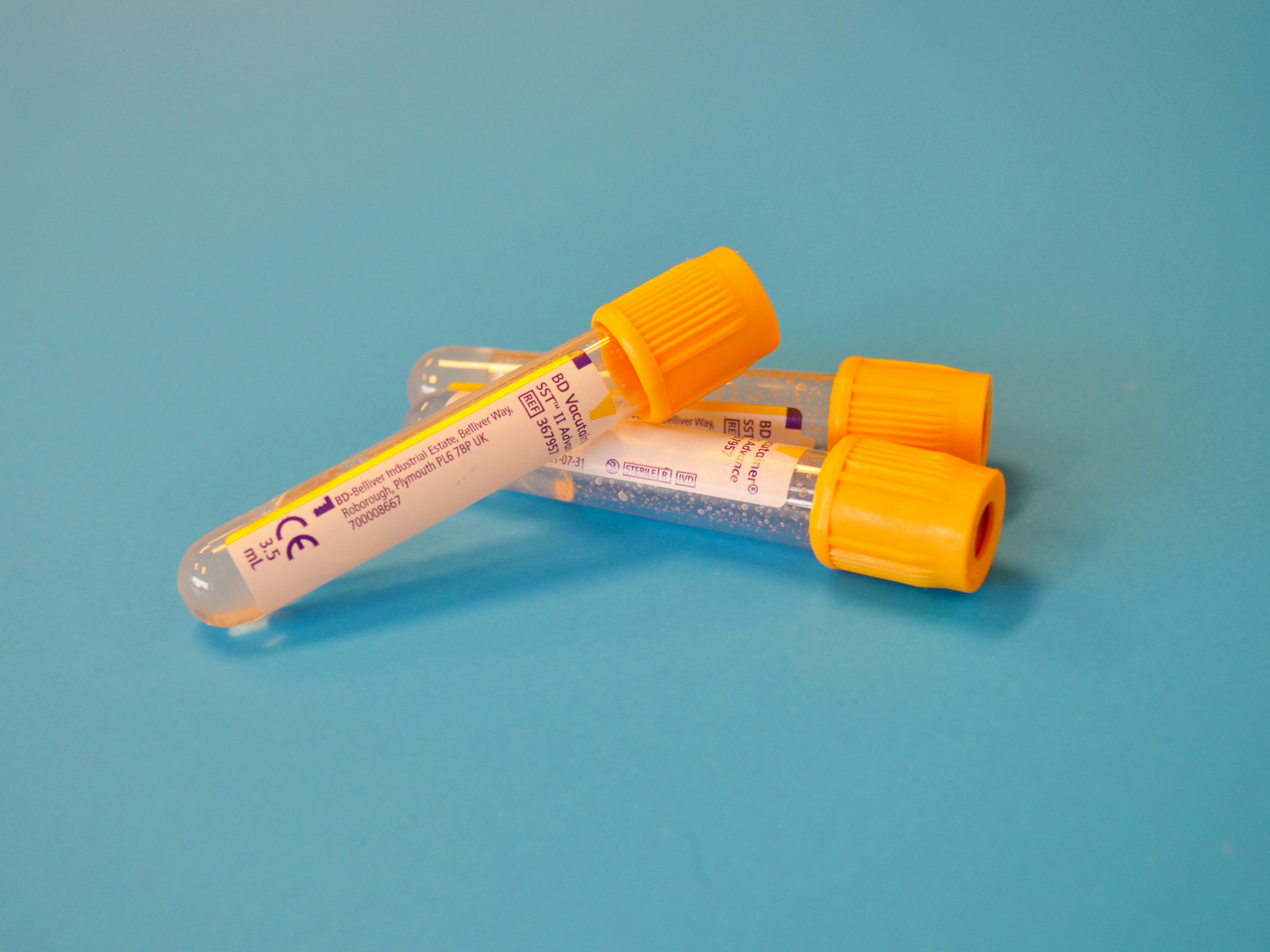The onset of menopause is typically characterized by a cessation of menstruation for 12 consecutive months. However, the period leading up to menopause, known as perimenopause, can bring about various physical and emotional changes.
The menopausal transition, including perimenopause, most often begins between the ages of 45 and 55 and can last about seven years, but the duration can be influenced by various factors such as lifestyle, smoking, and race.
During perimenopause, the body's production of estrogen and progesterone fluctuates, leading to a wide range of symptoms that affect each woman uniquely. These symptoms can include changes in menstrual cycles, hot flashes, trouble sleeping, pain during sex, mood changes, and irritability. It's important for women to be aware of these potential changes and to seek medical guidance when menopausal symptoms interfere with their quality of life.
Research indicates that most people start perimenopause in their late 40s, with the average age of reaching menopause between 51 and 52, although this varies from person to person.
What are the risk factors for early menopause?
The risk factors for early menopause, which occurs before the age of 45, include:
- Family History: Women with a family history of early or premature menopause are more likely to experience early menopause.
- Smoking: Women who smoke may reach menopause as much as two years before nonsmokers. They may also experience more severe menopause symptoms.
- Cancer Treatment and Surgery: Chemotherapy, pelvic radiation treatments for cancer, or surgery to remove the ovaries can lead to early menopause.
- Health Conditions: Certain health conditions, such as HIV and AIDS, and autoimmune diseases like thyroid disease and rheumatoid arthritis, can be associated with early menopause.
- Lifestyle Factors: Factors such as smoking, low body weight, and poor nutrition can contribute to early menopause.
- Genetic and Developmental Factors: Early life factors, including father in a manual job, mother smoking during pregnancy, poor cognitive ability, and absence of or short duration of breastfeeding, have been associated with an increased likelihood of early menopause.
It's important to note that while some risk factors for early menopause are modifiable, such as smoking and certain lifestyle factors, others, like family history and genetic factors, are not. Understanding these risk factors can help individuals make informed decisions about their health and well-being.
The onset of menopause is a significant milestone in a woman's life, and understanding the timing and potential symptoms associated with this transition is essential for informed decision-making and proactive healthcare management. By staying informed and seeking support from healthcare providers, women can navigate the menopausal journey with greater confidence and well-being.
Are you looking for support on your menopause journey? Let’s chat! Click HERE to book a free meet and greet appointment.

.jpg)








